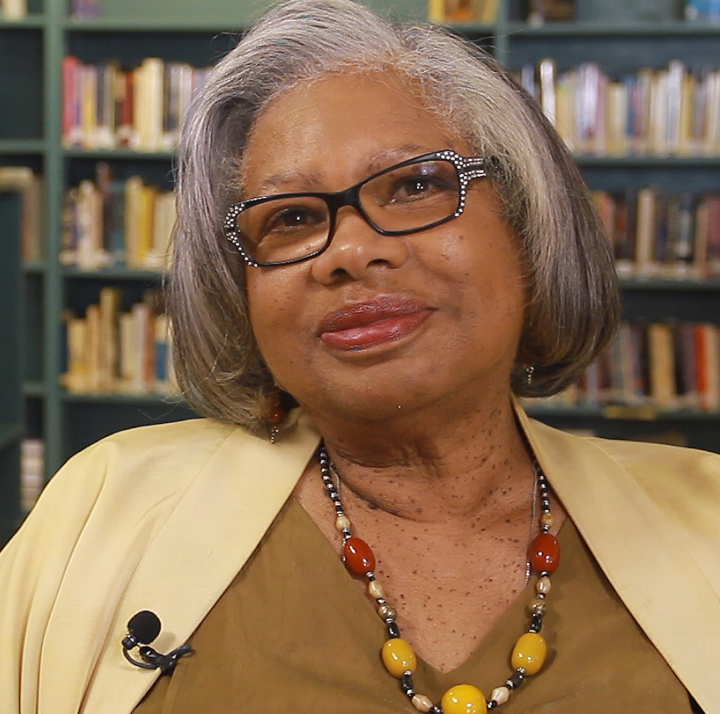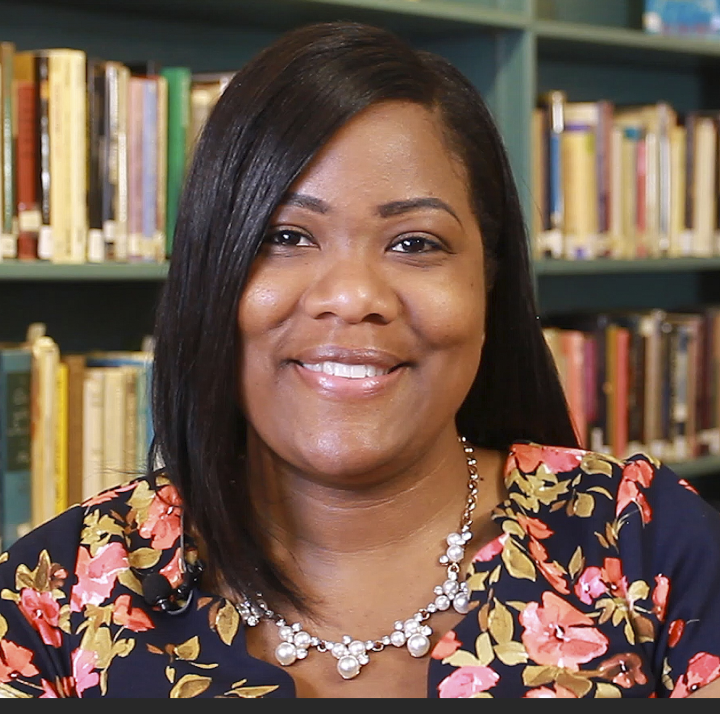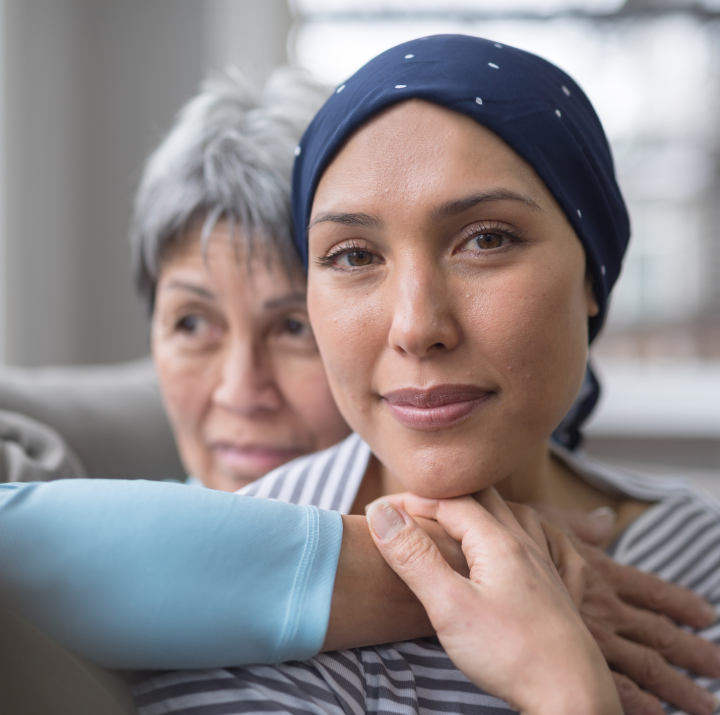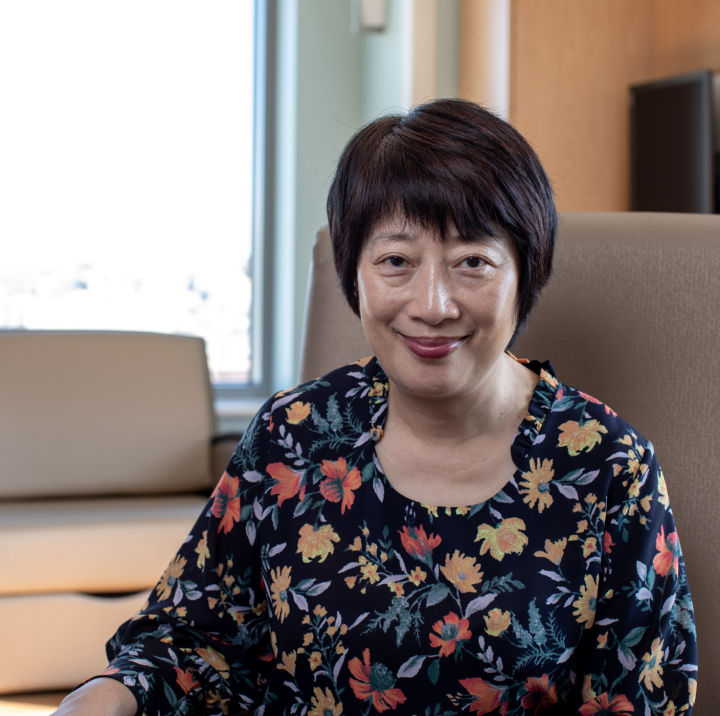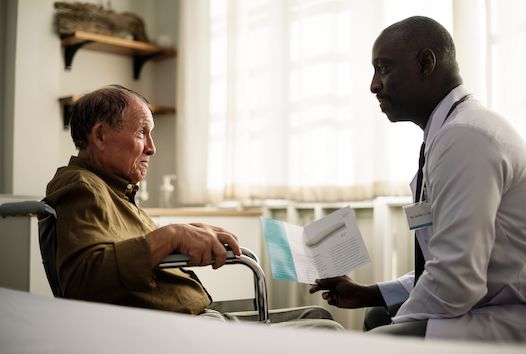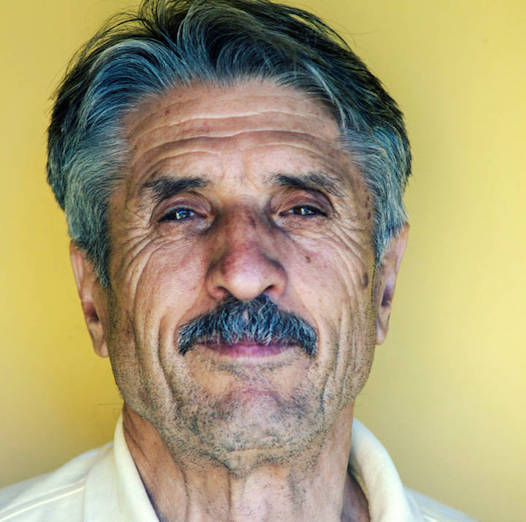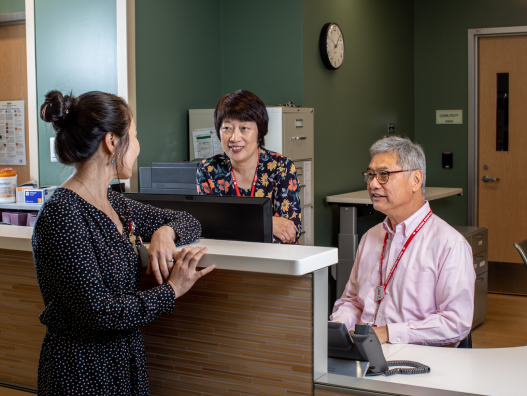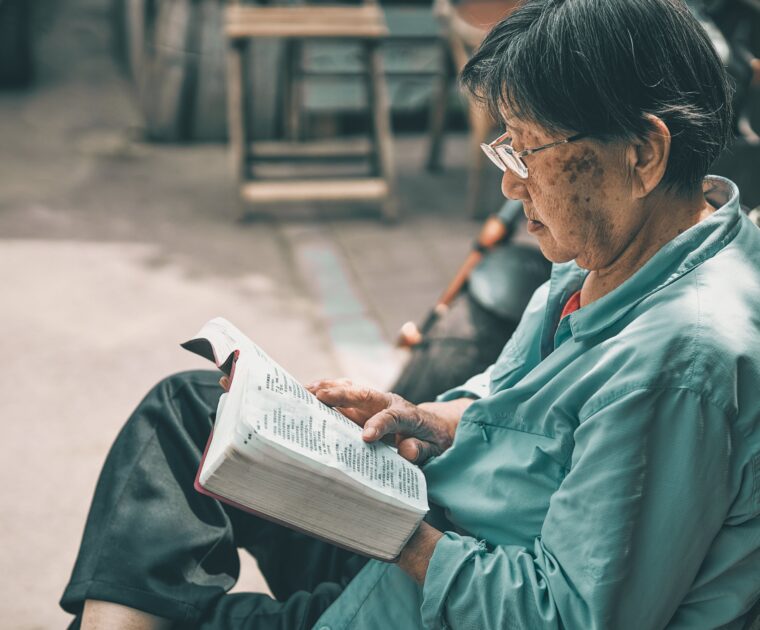
By 2029, we pledge to ensure people with a serious illness receive care that maximizes their quality of life for as long as possible.
The challenge:
Too many people living with serious illness experience unnecessary suffering and receive care inconsistent with their wishes and values.
Even while experiencing a serious illness, everyone should be able to live a life marked by dignity, connectedness, and caring. Unfortunately, people living with a serious illness report alarming levels of physical, emotional, and spiritual suffering. One in 4 individuals nationwide experienced unmet needs for pain, half suffered from a lack of emotional support, and almost 2 in 3 had spiritual or religious concerns. In addition to experiencing unnecessary suffering, people with a serious illness don’t always receive care consistent with their preferences. In a recent study of the San Francisco Bay Area, 1 in 5 family caregivers reported that their seriously ill family member received “too little care,” particularly pain and symptom management, during their last month of life. While there are unmet needs across all people experiencing serious illness, particularly at this time of immense need, the gap is even more significant within the Black, Asian, and Latino communities.
A better experience is possible.
By working with our communities and funding proven solutions, Stupski Foundation is committed to changing the experience of people living with a serious illness in San Francisco and Alameda Counties.
For our founders, Joyce and Larry Stupski, improving serious illness care was personal. After caring for Larry during his decade-long battle with prostate cancer, Joyce expanded the Foundation’s focus to improve how seriously ill patients and their loved ones experience serious illness and the end of life. Since Joyce’s passing, we remain committed to realizing her mission with our community partners.



